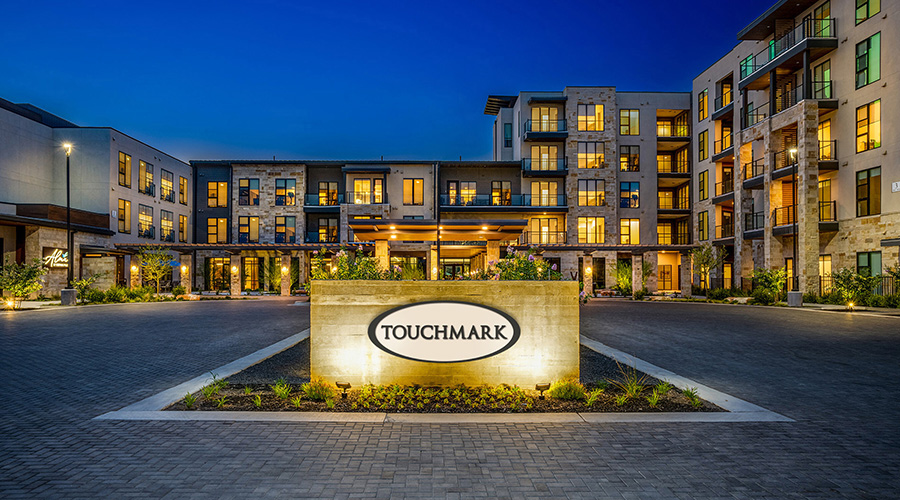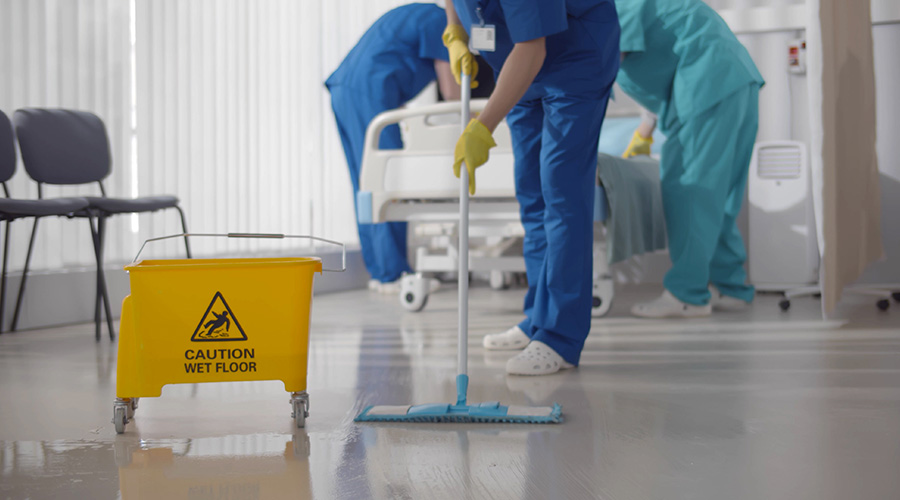As a popular concept in Europe, due to the necessity of adding new climate control solutions within older structures, modular chillers offer an efficient and practical alternative to conventional chillers. ClimaCool Corp., a LSB subsidiary and manufacturer of high-quality modular chillers and packaged rooftop solutions, provides an extensive and green-driven chiller line ideal for new construction and the retrofitting of existing buildings in environments that demand optimal thermal comfort, such as healthcare, government, and education.
“As a technology and market leader, ClimaCool strives for a culture of continuous development and to create a product that goes beyond industry trends,” said Ross Miglio, President of ClimaCool. “Specifically, our geothermal solutions are among the most energy efficient and environmentally friendly heating and cooling products in the world today, matching renewable with non-ozone depleting to save projects money, maintenance, and the footprint that comes with a large-scale build. Using the most advanced fabrication equipment, quality components, and testing facilities, ClimaCool will continue to push both the HVAC community and ourselves into a more sustainable and cutting-edge future.”
Engineered to provide optimal efficiency and environmental leadership, ClimaCool modular chillers are designed for multiple applications, including: cooling, heat recovery, heat pump, and simultaneous heating and cooling.
Available in tons ranging from 15 to 85, ClimaCool’s water-cooled and geothermal sourced systems can be combined to obtain specific project turndown and capacity requirements from 15 to 1,000 tons per bank, adaptably accommodating future growth and expansion needs. Dual scroll compressors utilizing independent refrigerant circuits provide reliable, efficient, and quiet operation while highly efficient heat exchangers offer maximum performance at full and part-load conditions. The durable build, equipped with a galvanized steel framework and steel pipe water headers, ensures safe transport and installation while compact size allows all modules to fit easily through standard 36” doorways and freight elevators, minimizing installation difficulties particularly for retrofitting.
Comparably, ClimaCool’s packaged air-cooled modular chiller is available from 20 up to 70 tons and can be arranged to provide capacity requirements from 20 to 420 tons. Designed to provide quiet, serviceable, and efficient performance, the packaged air-cooled modular chillers combine a similarly compact, durable, and reliable engineering with ranging combination configurations, back-to-back and end-to-end, to create a flexible and energy-efficient system.
Additionally, both types of chillers maintain environmental features that ultimately cumulate into ideal energy efficiency and cost savings. Minimal overall per ton refrigerant charge eliminates the need for expensive refrigerant monitoring, ventilation, and controls while the non-ozone depleting refrigerant used offers better efficiency, capacity, and longer compressor life. High efficiency design allows both types to further exceed ASHRAE 90.1 efficiency requirements.
Potential LEED credits achieved by ClimaCool modular chiller systems include: optimized energy performance; thermal comfort; enhance commissioning and measurement and verification; enhanced refrigerant management; sustainable sites and building re-use.
For more information, please visit www.climacoolcorp.com.

 Building Sustainable Healthcare for an Aging Population
Building Sustainable Healthcare for an Aging Population Froedtert ThedaCare Announces Opening of ThedaCare Medical Center-Oshkosh
Froedtert ThedaCare Announces Opening of ThedaCare Medical Center-Oshkosh Touchmark Acquires The Hacienda at Georgetown Senior Living Facility
Touchmark Acquires The Hacienda at Georgetown Senior Living Facility Contaminants Under Foot: A Closer Look at Patient Room Floors
Contaminants Under Foot: A Closer Look at Patient Room Floors Power Outages Largely Driven by Extreme Weather Events
Power Outages Largely Driven by Extreme Weather Events